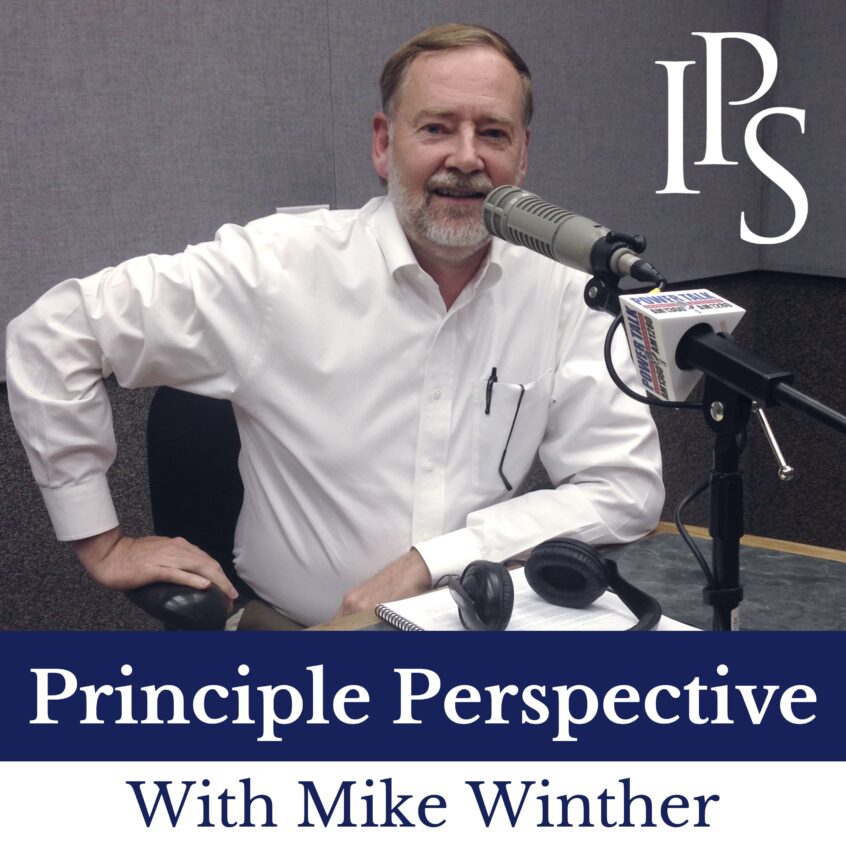LISTEN NOW
In this insightful episode, Mike Winther delves into the intricate topic of war powers and their constitutional roots. He explores the original intentions of the founding fathers as laid out in the Constitution, shedding light on the constitutional aspects of military engagement and policy. The lecture is structured around three core objectives.
Firstly, Mike will examine the constitutional framework guiding decisions about going to war. He will then delve into various theories of war, discussing the circumstances under which war is justified and when military action is permissible. Finally, he raises a crucial question: Are our current, or any, American leaders truly fit to make these momentous decisions on our behalf? Join us as we navigate these complex issues with Mike Winther.
You’ll Learn:
- [03:17] Article 1 Section 8 of The Constitution lays out the responsibility for declaring war.
- [04:05] We’ve had a number of wars that haven’t actually been declared as wars.
- [04:56] Is funding a war and approving it the same thing?
- [05:32] The founding fathers intended more than just a vote from Congress to fund a war. Congress consists of the House of Representatives and the Senate.
- [06:10] Before the 17th Amendment, the senators were appointed by the states. The house represented the people, and the founding fathers knew that the people would be paying for the war.
- [07:11] The founding fathers gave Congress the power to declare war and the president the power to manage the war.
- [09:13] Mike discusses the difference between engaging and declaring.
- [10:06] By funding the war and not declaring it, Congress gets plausible deniability.
- [12:55] War theory and the decision about whether to use force.
- [13:14] There’s a parallel with Biblical standards for violence and force and civil government for violence and force.
- [19:10] Would it be justifiable for the good samaritan to use violence to help the victim during the attack? Are they required to intervene?
- [23:19] Ancient Israel had an all volunteer military force up until King Saul.
- [23:58] Can America as a nation force our fellow citizens to fight a war they don’t want to fight?
- [24:30] Should America be the police force to the world?
- [25:10] The idea of just war theory comes from scripture.
- [28:57] Can we trust our leaders with foreign policy decisions?
- [30:29] The general trend of our government on a federal level has been to promote ideals and policies that most of us would object to.
- [31:08] If these leaders aren’t doing a good job at home, how well would they do on a foreign stage?
- [38:32] Mike discusses problems with American intervention in foreign governments.
- [40:27] We need to be able to trust the leadership we have in our government to do the right thing before they start meddling in the governments of other countries.
- [44:55] We need to recognize the forces who are advocating for big government and centralizing power. We should always be careful about consolidation.

